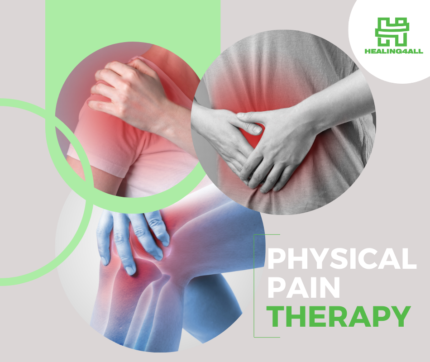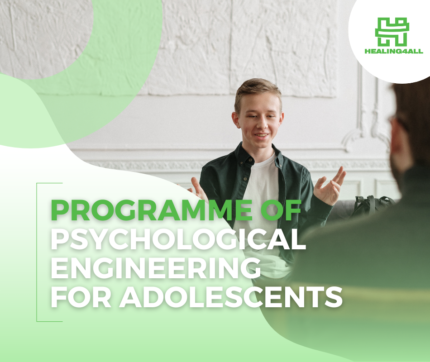Description
Pediatric Trauma Therapy aims to address the emotional and psychological effects of painful and traumatic experiences, events, and situations that confront children.
Trauma has a potentially significant impact on children’s development and can lead to various problems, such as anxiety, depression, learning difficulties, engaging concerns, speech problems, and physical illnesses.
Trauma may also affect children deeply and for a long time, while their brains and emotional systems are still developing.
Trauma could trigger a wide range of emotional responses like fear, anxiety, sadness, anger, and guilt or shame. Another thing is Children may suffer from recurring mood swings or emotional outbursts.
Traumatised children may display behavioural changes, such as withdrawal, isolation, concentration difficulties, aggressiveness, hyperactivity or impulsiveness. And these may result in preparing the child for future problems, such as pathological attachment, addiction, and abuse.
Traumas may also affect the quality of sleep for the child, causing nightmares, sleeping hardships, or frequent waking hours at night. Some children may refer to typical behaviours of younger ages, such as bedwetting or thumb sucking as a way to deal with the stress and anxiety of the trauma.
Children may express their emotional distress through physical symptoms, such as headaches, stomachaches, or other unexplained physical aches.
Trauma can affect a child’s aptitude in his/her school life.
Traumas may result in increased excitement for children, and they become constantly awake or, conversely, they may suffer from a lack of concentration and always appear to be in a state of sedation and anaesthesia.
Trauma leads to social withdrawal or friendship obstacles.
Children may blame themselves for the traumatic events they experienced and feel guilty and ashamed.





Reviews
There are no reviews yet.